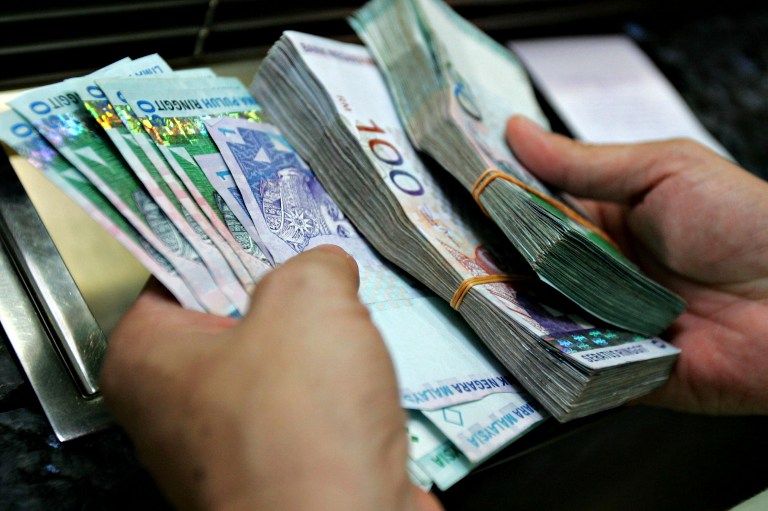KUALA LUMPUR, Dec 19 ― Malaysia’s second-biggest pension fund is reducing cash holdings and buying more of the nation’s bonds and stocks, said Chief Executive Officer Wan Kamaruzaman Wan Ahmad, adding that he sees little risk in emerging markets.
Kumpulan Wang Persaraan (Diperbadankan) has been a net buyer of the securities during this month’s selloff in developing nations, Wan Kamaruzaman said in an interview. The retreat in Malaysian stocks and bonds, which saw the benchmark share index drop to a 20-month low and 10-year government debt yields rise to the highest since January, is temporary and the market will recover in the first quarter, he predicted.
Wan Kamaruzaman’s optimistic outlook comes amid global financial turmoil, sparked partly by a slump in oil prices that threatens to hurt the economies of crude exporters including Malaysia. The Russian rouble dropped to a record this week as the world’s biggest energy supplier raised interest rates to 17 per cent and President Vladimir Putin warned the nation faces a crisis. Only one of the 24 emerging-market currencies tracked by Bloomberg has avoided a loss in December.
“Trust me, there’s not going to be a rout in emerging markets, or a fiasco,” Wan Kamaruzaman said in Kuala Lumpur yesterday. “I will put my money in,” he said, adding that developing nations are in a better position than during the 1997-98 financial crisis because of their higher foreign reserves and current-account surpluses.
Malaysia’s currency plunged 35 per cent in 1997, sparked by the devaluation of the Thai baht, and the FTSE Bursa Malaysia KLCI Index of equities slid 52 per cent.
Stock picks
KWAP, as it’s better known, favours plantation and construction shares. Palm oil prices have been stable at US$2,100 (RM7,282) a metric tonne and are likely to rise further next year, he said. Prime Minister Datuk Seri Najib Razak’s development programme to build railways, roads and power plants is also supportive for construction names, he added.
“While we have been comfortable keeping six per cent in cash, we are now minimizing our cash and putting more money into the local equity and bond markets,” Wan Kamaruzaman said.
Malaysia’s ringgit dropped 5.3 per cent this quarter, headed for its worst three-month performance since September 2011. The currency fell to 3.5073 a dollar on December 8, the weakest level since 2009.
The drop in the ringgit is due to the dollar’s strength and concern over falling crude oil prices, Wan Kamaruzaman said, adding that the market moves were exacerbated by the year-end decline in liquidity before the holidays. Malaysia’s currency could rebound to 3.3 in the first quarter, he said.
Rate environment
Demand for the nation’s bonds will pick up next year given the low interest-rate environment elsewhere, the CEO said. Switzerland cut its benchmark rate below zero yesterday, joining the European Central Bank. Borrowing costs are 3.25 per cent in Malaysia, compared with 0.1 per cent in Japan and zero to 0.25 per cent in the US.
KWAP, has invested 10 per cent of its funds in overseas assets from a 19 per cent limit, Wan Kamaruzaman said.
The fund, which collects an average of about RM4 billion annually from its members, will only raise its overseas bond holdings if yields become more attractive, Wan Kamaruzaman said.
“While the US and UK economies are looking good, the reality is that Europe is still in the doldrums and the demographics in Japan and China aren’t that favorable,” he said. “People will start looking at Malaysia because valuations are getting attractive.” ― Bloomberg



















